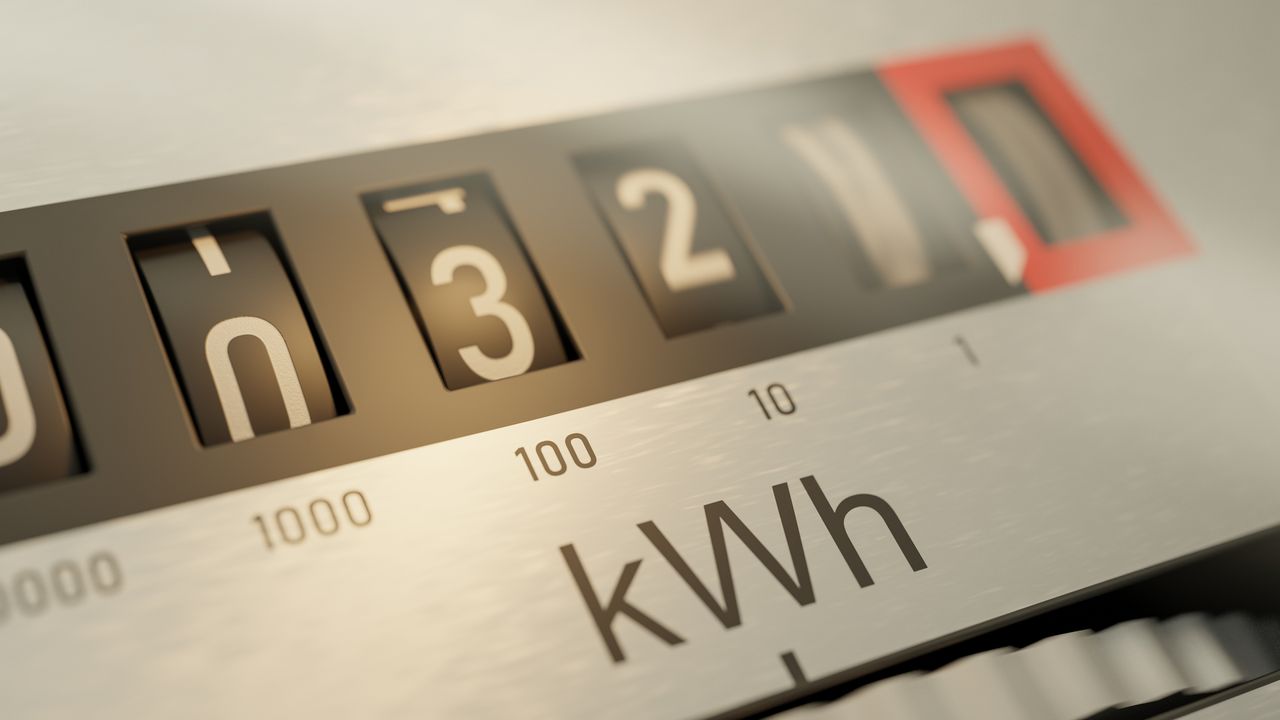OpenAI just had its best week in months. And it desperately needed it.
The San Francisco-based company, best known for ChatGPT, has spent much of June and July in the headlines for all the wrong reasons. First came the talent raid: Meta CEO Mark Zuckerberg opened the checkbook, reportedly offering hundreds of millions of dollars in compensation to lure away OpenAI’s top researchers. Several jumped ship. CEO Sam Altman publicly lashed out, calling Meta’s approach mercenary and accusing it of having no culture.
Then came the failed acquisition of Windsurf, a hot AI startup specializing in AI-native data infrastructure, that OpenAI had been in talks to buy. Google swooped in at the last minute and closed the deal instead, a humiliating loss in the high-stakes AI arms race.
And to top it off, OpenAI had to delay the release of its long-promised open-source models after intense pressure from developers, fueling criticism that the company was falling behind rivals like Meta, which has aggressively released its own models for free.
Internally, things looked chaotic. Leadership handed all employees a week off, and leaked memos described a company under siege, a fortress attacked on all sides, or worse, a house on fire. The once-untouchable AI darling was starting to look rattled, and the perception that Meta had stolen its momentum was growing.
From Panic to Pivot
This week, OpenAI finally started playing offense again. First, it released the long-awaited open-source models, a move aimed at appeasing developers and reasserting its relevance in the open AI ecosystem. Just three days later came the bigger swing: the launch of GPT-5, billed as the most powerful AI chatbot on the market.
OpenAI claims GPT-5 tackles two of the biggest complaints about AI assistants: “hallucinations” — when chatbots confidently spit out false information — and the overly polite, bland tone that makes them sound like corporate PR interns. The company says the new model is faster, more accurate, and capable of providing more nuanced answers without the sugarcoating. By learning to say “I don’t know,” GPT-5 aims to be the first AI chatbot you can actually trust.
While independent tests will be needed to confirm those claims, the rollout gave OpenAI something it hasn’t had in weeks: control of the narrative. For now, the AI spotlight is back in San Francisco, not in Menlo Park, where Meta’s so-called “dream team” of ex-OpenAI researchers is building its own models.
At the same time, the company is in discussion with investors about a massive employee share sale that would value it at $500 billion, a move widely seen as a defensive strategy to create “golden handcuffs” and stop the talent exodus.
The big question: was this just a good week, or the start of a real comeback? In the high-speed world of AI, stability rarely lasts long.
While OpenAI’s ambitious claims about GPT-5 still need to be verified, the message this week was unmistakable: while its rivals were writing checks and poaching talent, OpenAI was building. With these two major launches, the company has effectively taken back control of the conversation.
The AI beacon still shines brightest in San Francisco, not in Menlo Park, where Meta’s “dream team” of AI mercenaries is based. The question now is whether this powerful show of force is enough to end the distractions and permanently regain the momentum.




